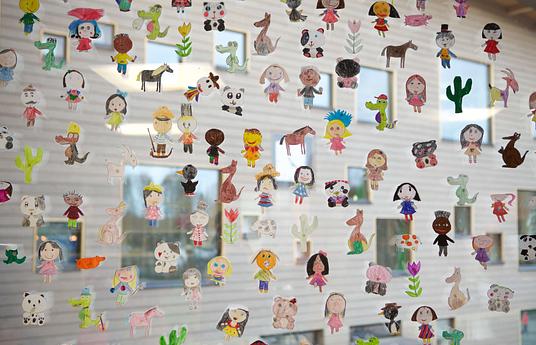Each child has the right to be cared for and educated close to home. Pre-primary and basic education is free. Early childhood education and care and basic education must promote equality between children and prevent social exclusion. Education must be accessible and provide all children with the possibility to attain the related skills. The facts and skills children learn enhance participation, active membership, long-term friendships, taking initiative to ensure safety, and promote exercise and healthy life choices.
Care and education are organised appropriately and flexibly by a joint decision. Learning environments are modified, and teaching makes use of flexible groups, co-teaching and staff competences, taking each child's needs into account.
Schools have nurses, social workers and psychologists, and part-time special needs teachers to cater for each child's individual needs. Any support measures are planned, implemented and assessed by a multidisciplinary team. To ensure a smooth learning path, it is crucial to have a proper plan for the transitions between early childhood education and care and pre-primary and basic education. If necessary, a special needs assistant may be appointed for a pupil.


